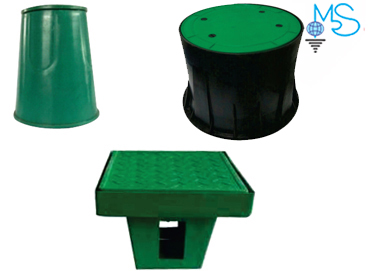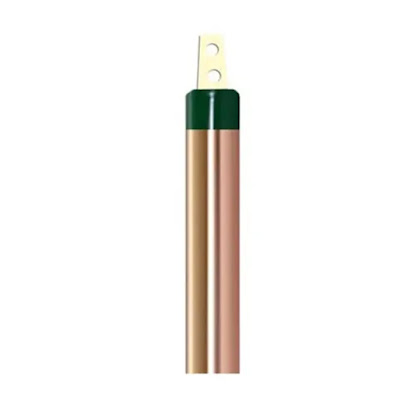All You Need To Know About Chemical Earthing & Gel Earthing Electrode
As technology advances, so do our electrical grounding needs. Earthing is an important process that helps protect us and our machines from power surges and other electrical hazards. In this article, we will discuss three different forms of earthing - chemical earthing, gel earthing, and electrode earthing- as well as their uses and benefits.
Introduction to Chemical Earthing & Gel Earthing Electrode
Chemical Earthing and Gel Earthing Electrodes are two popular methods used for earthing. Both these methods have their own advantages and disadvantages, which should be considered while choosing the right earthing method for your application.
Chemical Earthing:
Advantages:
-It is a cost-effective method as compared to other earthing methods.
-It does not require maintenance.
-It has a longer life span as compared to other earthing methods.
-It can be easily installed at any location.
Disadvantages:
-The chemicals used in this method can be corrosive and may damage the surrounding area.
-This method is not suitable for areas with high water table or where the soil is highly conductive.
Gel Earthing Electrode:
Advantages:
-It is a non-corrosive earthing method.
-It requires low maintenance.
-It has a long life span.
Benefits of Using Chemical Earthing & Gel Earthing Electrode
There are many benefits of using chemical earthing and gel earthing electrodes. Chemical earthing is more efficient than traditional methods, such as concrete earthing. It is also more cost-effective and easier to install. Gel earthing electrodes provide a safer and more reliable earthing system than traditional copper rod electrodes.
Different Types of Chemical Earthing & Gel Earthing Electrode
There are many different types of earthing electrodes available on the market, each with its own advantages and disadvantages. Here, we will take a look at some of the most popular options:
1. Chemical Earthing: This type of earthing uses a chemical reaction to create a low-resistance path to the ground. The main advantage of this system is that it is very easy to install and does not require any special equipment. However, the main disadvantage is that it can be dangerous if not installed correctly, as the chemicals involved can be corrosive.
2. Gel Earthing: This type of earthing uses a gel-like substance to create a low-resistance path to the ground. The main advantage of this system is that it is safe and easy to install. However, the main disadvantage is that it can be expensive, as the gel needs to be replaced periodically.
3. Electrode Earthing: This type of earthing uses an electrode buried in the ground to create a low-resistance path to the earth. The main advantage of this system is that it is very reliable and does not require any maintenance. However, the main disadvantage is that it can be difficult to install, as you need access to deep soil in order to bury the electrode.
We, MRS Agencies are the leading Chemical Earthing & Gel Earthing Electrode Manufacturers. Also provide the Pure Copper Earthing Electrode, which is made of Electrolytic Copper that is 99.9% pure.
Visit us: www.mrsagencies.com




Comments
Post a Comment